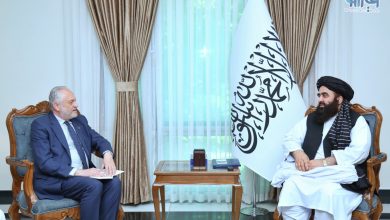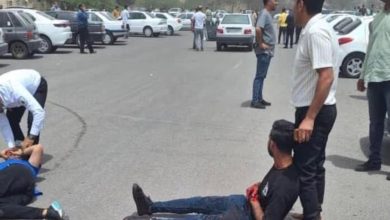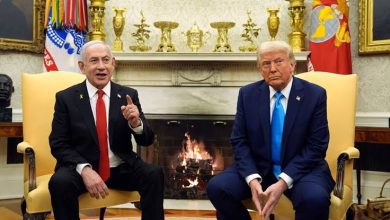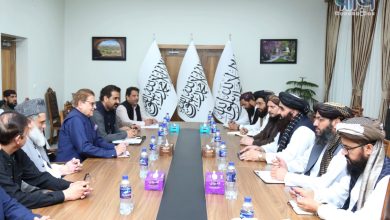Eid al-Fitr and Diplomatic Brotherhood: Iran and Qatar on the Path to Strengthening Islamic Cohesion
Dr. Masoud Pezeshkian, the President of Iran, in a telephone conversation on Monday with Sheikh Tamim bin Hamad Al Thani, the Emir of Qatar, extended his congratulations on the occasion of Eid al-Fitr to the government and people of Qatar. He described this holiday as an opportunity to strengthen solidarity, brotherhood, and cohesion among Muslim nations.
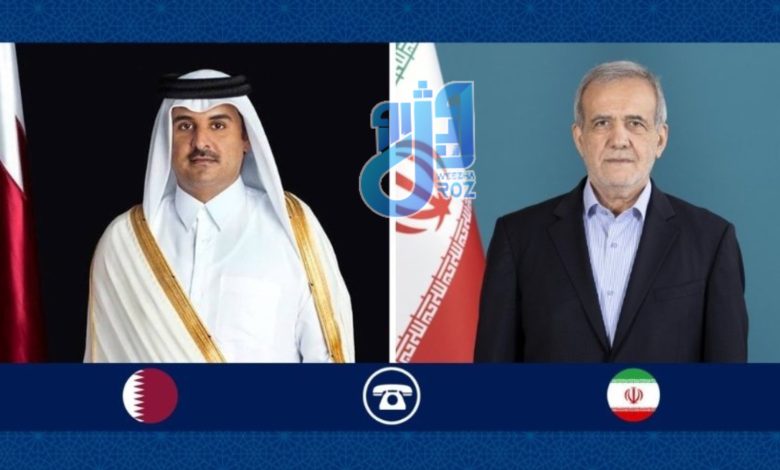
Weezha Roz-Tehran– Both leaders emphasized the longstanding ties between Iran and Qatar and called for accelerating the implementation of bilateral agreements in the fields of economy, security, and culture.
Pezeshkian and Sheikh Tamim agreed on the necessity of holding an in-person meeting soon to discuss practical ways to enhance cooperation.
The President of Iran described Eid al-Fitr as a symbol of unity within the Islamic Ummah and stated: “This occasion should be an excuse to reduce differences and increase cross-border cooperation.”
With both countries possessing vast gas reserves, they could play a crucial role in stabilizing the global energy market through initiatives such as regional pipeline networks or cooperation within the OPEC+ framework.
Coordinating efforts to manage crises such as tensions in the Gulf or the Yemen war is likely to be a key topic in upcoming discussions.
Development in academic exchanges and promoting tourism (such as shared historical ties in maritime trade) are other areas for potential collaboration.
This conversation occurred at a time when Saudi Arabia and the UAE, through initiatives like normalization with Israel, are attempting to shift power dynamics in the region.
The Iran-Qatar convergence could act as a balancing force.
By strengthening relations with Qatar, which maintains strategic ties with Turkey and the Muslim Brotherhood, Iran is seeking to break its diplomatic isolation.
Emphasizing “Islamic unity” shows that Tehran and Doha do not recognize Washington as the only determining player in the region.
Although holiday calls between leaders are often symbolic, this telephone conversation could mark the beginning of new diplomatic initiatives in the region.
The success of this process depends on factors such as: The ability of both sides to turn promises into practical actions (such as the return of ambassadors).
The management of historical differences (such as issues concerning the rights of Shia communities in Qatar).
The response of extra-regional powers like the United States to the strengthening of Iran-Qatar cooperation.
Despite political differences in recent years, Iran and Qatar have had covert security and economic cooperation.
Now, it seems both sides wish to elevate this relationship to a public and strategic level. Will Eid al-Fitr 1404 be a turning point in this journey?
Weezharoz
